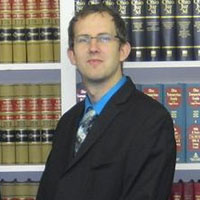Sinking Spring Estate Lawyer, Ohio
Sponsored Law Firm
-
 x
x

Click For More Info:
-
R. Lasko Co. LPA, LLC
1406 W 6th St STE 200, Cleveland, OH 44113» view mapBusiness, Estate, Real Estate, Employment Competent Legal Representation
Let R. Lasko Co. LPA, LLC handle all your legal needs today!
216-574-2602
Tyler Earl Cantrell
✓ VERIFIEDGeneral Practice
Tyler was born and raised in Adams County and is a graduate from West Union High School. He then went on to college at Shawnee State University and t... (more)
Fred Jerome Beery
Real Estate, Government, Estate, Personal Injury
Status: In Good Standing Licensed: 51 Years
Julie Allyce Horne
Juvenile Law, Real Estate, Estate, Family Law
Status: In Good Standing Licensed: 13 Years
Ronald Laverne Swonger
Real Estate, Tax, Estate, International Tax
Status: In Good Standing Licensed: 64 Years
 Ronald Lasko Cleveland, OH
Ronald Lasko Cleveland, OH AboutR. Lasko Co. LPA, LLC
AboutR. Lasko Co. LPA, LLC

